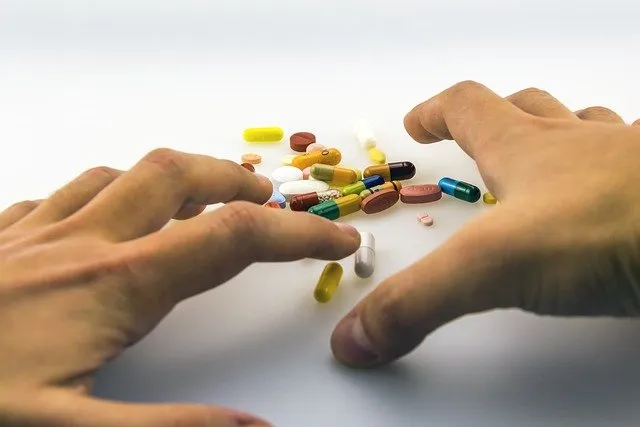
We've all had painkillers one time or the other. For a headache, fever or whatever kind of pain.
In fact, 4 out of 5 pharmacy-filled prescriptions are opioids(painkillers). – NCDAS
And in a bid to get rid of pain, we may have abused painkillers but what we don't know is that our bodies can easily become physically dependent on them.
First of all, it must be established that addiction, of any kind, isn’t a choice or result of moral failing but it’s a chronic, progressive disease that hijacks the brain.
Addiction changes your brain as it alters the brain’s reward system and makes drugs, alcohol or any other thu a priority over all else.
And although this is true for all form of addiction, that of painkillers a.k.a opioids is a peculiar one.
This is because Painkillers pose threat of physical dependence which eventually results in addiction.
At this point it must be stated that physical dependence and addiction are synonymous.
It will interest you to know that
12% of prescription drug abusers are addicted. — NCDAS.
Even at low doses, taking an opioid pain reliever more than 3 months increases the risk of addiction by 15 times.
What's actually the danger of painkiller dependence?
Worldwide, about 0.5 million deaths are attributable to drug use. More than 70% of these deaths are related to opioids, with more than 30% of those deaths caused by overdose — WHO
Now, Opioid dependence can occur when opioids are taken for too long a time period or too many(overdose) opioids are taken, crushing or chewing pills or taking painkillers with other chemical substances like alcohol.
People develop a tolerance for opioids and need to take more of a drug to get the same pain relief or prevent withdrawal symptoms.
This happens because the mechanism by which painkillers work is to make "numb" the pain by affecting the nerve receptors in the brain for pain.
Opioids also cause neurons that produce dopamine, the neurotransmitter often referred to as "the feel good" hormone. Thus creates feelings of euphoria.
Dependence often manifests with withdrawal symptoms when opioids are discontinued or decreased.
These symptoms include watery eyes (lacrimation), yawning, rapid or deep breathing, muscle aches, diarrhea, anxiety e.t.c
And when dependence grows into addiction, death is the ultimate consequence usually due to difficulty in breathing because opioids affect the part of the brain that regulates breathing.
References
https://www.who.int/news-room/fact-sheets/detail/opioid-overdose.Accessed 27th March, 2023.
https://www.webmd.com/mental-health/addiction/painkillers-and-addiction-narcotic-abuse. Accessed 27th March, 2023.
https://drugabusestatistics.org/prescription-drug-abuse-statistics/.Accessed 27th March, 2023.
https://my.clevelandclinic.org/health/articles/21127-opioids.Accessed 27th March, 2023.